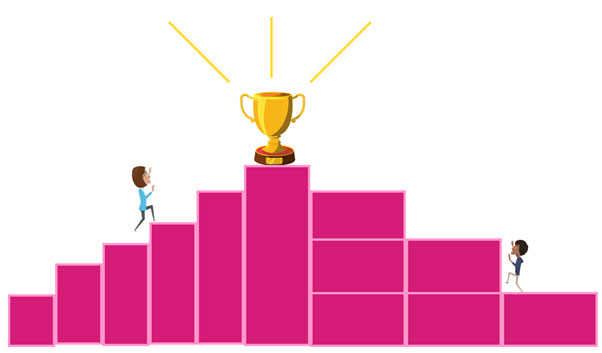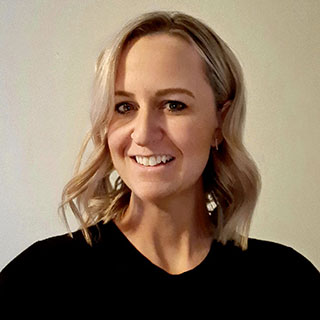My NDIS Goals
Sunday, March 20, 2022
What are NDIS Goals?
Goals are unique to the individual. But what is common, is that all NDIS goals are what participants wish to achieve with the support from NDIS and appropriate mainstream services. This may include developing your independent living skills, learning to express your emotions more effectively, improving your mobility, exploring alternative housing options and/or improving your social skills.
Not all goals take the same amount of time to reach. Some goals may be short-term i.e. less than 12 months or some goals may be medium to long-term goals i.e. 2-3 years. When thinking about what goals to include in your NDIS plan, ask yourself:
What would I like to achieve?
Why do I want to achieve this?
When do I want to achieve this?
How can I achieve this?
Your goals set the tone for your plan and the NDIS will provide the reasonable and necessary funding to access supports to help you achieve them. What is important to remember is to never underestimate the power of small steps, because if done consistently, they can take you the farthest!

Creating the Best NDIS Goals for my Plan
As you already know, your NDIS goals are unique to your own circumstances. Plan Partners, a plan management provider, has come up with some great ideas to consider when developing your goals. When planning your goals, ask yourself if they are:
- Outcome Orientated. Instead of thinking about the exact support you need, think about what you would like to achieve with NDIS supports. An example of this could be “to increase my independent living skills to maintain my health and wellbeing” which is more outcome orientated than “I would like to learn how to cook.”
- Flexible. Having a more broad goal allows you to explore a greater variety of support with your funding. For example “I would like to learn how to ride a bike” would not be as flexible in comparison to “I would like to improve my fine and gross motor skills to improve my independence.”
- Areas for improvement. Ask yourself, “What part of my life do I want to improve and how does this relate to my different abilities”. Do you want to enhance your strength and movement, “I would like to improve my health and fitness”. Do you want to make friends, “I would like support to access the community and attend social recreational activities.”
- Capacity Building. The NDIS loves to see participants engaging in capacity building activities. These goals are driven by the outcome to be less dependent on others. An example could be “I would like to be assessed for Assistive Technology to increase my independence”.
- Personal. The NDIS presents you the opportunity to receive support tailored to you. Some questions to consider are… Do I have family and friends I would like to visit? Do you want to form a relationship with someone? Do you want to be able to access parts of your home more safely?
Now if you’re reading this and are already an NDIS participant, can you think of a better way to re-word your current goals? See if you can make improvements of 1-2 goals and think one new goal you would like to see in your next plan.
If you don’t already have an NDIS plan, can you think of 3 goals that may be short and/or long-term that meet the suggested criteria above?
How can my goals assist receiving the support from a support coordinator?
Common groups of people who receive support coordination funding include:
- Those with complex support needs.
- Undergoing major life transitions including but not limited to, transition planning for ageing supports, transition to and from school and exploring housing options.
- If support coordination is of value to you, incorporating a goal such as “I would like to increase my capacity to coordinate supports” can help the NDIS recognise the need for support coordination funding.
Already have a support coordinator? I’m sure they would love to hear how you have been able to improve your current and possibly future goals.
Recent Posts
- Celebrating Success: Marli and Moe Wins Best Disability Support Coordination Organisation 2024 - New South Wales
- Reading and Understanding an NDIS Plan
- What to Expect from an Initial?
- Olivia Davis - Inspirational Story
- Navigating the Early Childhood space. A guide for parents and carers
- My NDIS Goals
- Language Matters: Mindful Language in the Disability Space
- Formal Supports, Informal Supports & Mainstream Supports
- A Guide To Self Care
- Don’t forget Important Documents for Planning Meetings & Reviews

